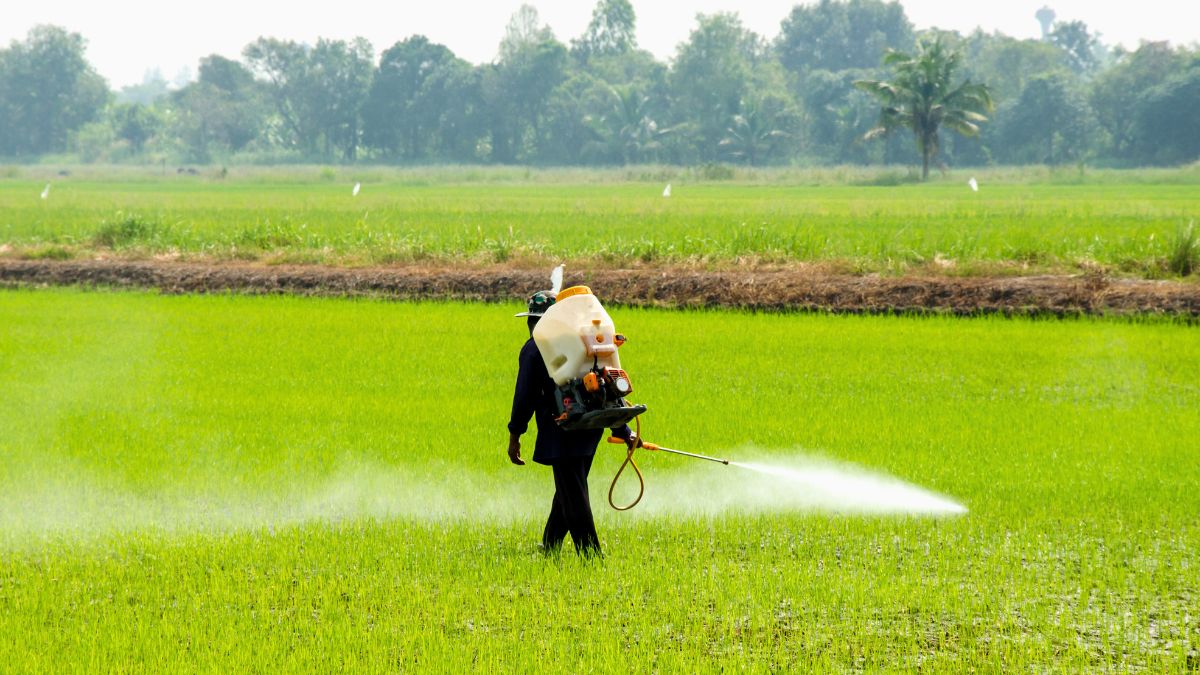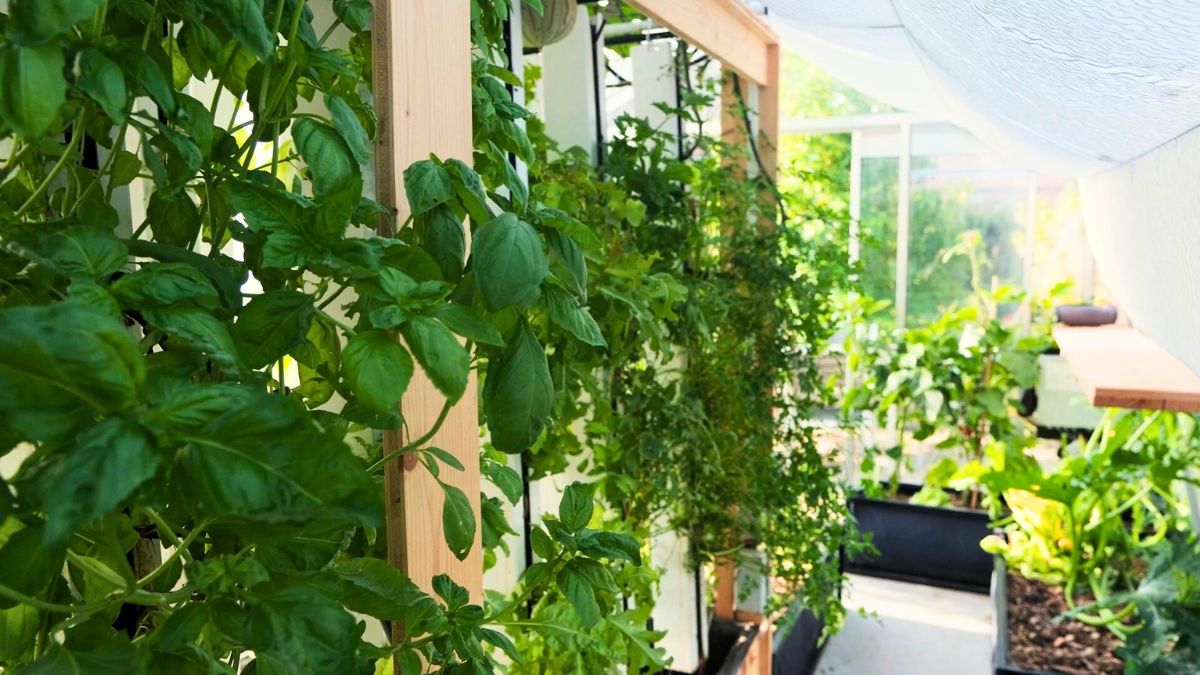Grouped under the acronym PFAS, over six million ultra-resistant synthetic molecules now contaminate water, air, soil… and therefore the entire food chain. Their persistence has earned them the nickname “forever chemicals.” In Europe, recent news shows that no one is truly safe from their grip—be it in the soil, the water… or even our health.

At the end of April, a testing campaign led by the PAN-Europe network revealed record concentrations of TFA—the most widespread PFAS—in several bottles of European wine, sometimes exceeding the levels found in tap water.
Just days later, the Haut-Rhin prefecture banned tap water for sensitive populations in eleven municipalities around the Basel-Mulhouse airport: PFAS levels exceeded regulatory limits.
Back in March, the ADRA (Association for the Defence of Airport Residents) revealed the presence of forever chemicals in the blood of several local residents who were tested. An action plan must now be implemented to significantly reduce the concentration in water before 31 December 2025.
We can’t discuss this topic without addressing the devastating consequences of these pollutants. Beyond their impact on the environment, they pose a real danger to human health: cancer, infertility, kidney and liver toxicity, immune system damage—the list underlines the urgency of the situation.
Numerous cases of childhood cancer have been detected in the cereal-growing plain of Aunis. Near La Rochelle, traces of fourteen pesticides—including some that are banned—were found in children’s urine and hair, following independent tests carried out by concerned parents after the deaths of several minors.
Pancreatic cancer, one of the most feared forms of the disease, is on the rise in France. French research published in the European Journal of Epidemiology supports, for the first time at the national level, a link between local pesticide use and the geographical distribution of cancer risk. While this factor alone does not fully explain the increase, it opens up an important new line of research.
At the European level, investigative journalists estimate that completely decontaminating water and soil could cost up to €100 billion per year, according to a report in Le Monde.
Knowing that PFAS move freely through ecosystems and accumulate in living organisms, it’s clear that the fight must focus both on reducing use and rethinking our food production methods.

At Myfood, we’ve chosen to democratise food production under greenhouses so everyone can secure part of their own food supply. Whether growing in Champagne, the Aunis plain, or right in the middle of a city, the outdoor environment remains exposed to PFAS.
Soilless growing or permaculture in raised beds, irrigated mainly with collected rainwater, offers a natural barrier against these “forever chemicals.” By having full control over both the growing medium and the irrigation source, the accumulation of these contaminants in vegetables can be drastically reduced.
When rainfall is scarce and one must rely on tap water—often laden with industrial or agricultural residues—adding a reverse osmosis filter becomes the final line of defence: it removes over 90% of PFAS, nitrates, pesticides, and pharmaceutical traces, ensuring irrigation water as pure as naturally collected rainwater.
Growing your own food at home, in a greenhouse, off the ground, with filtered and monitored water, is a way to reduce exposure and take back control over what ends up on your plate. It’s a concrete first step—while we wait for large-scale decontamination to become a reality.